It's no surprise that many people in the United States suffer from hormonal and thyroid imbalances.
The American Thyroid Association estimates that 13% of Americans will experience a thyroid issue at some point in their lives. Approximately 60% of people with thyroid issues go undiagnosed. Furthermore, untreated thyroid dysfunction increases the risk of developing problems like cardiovascular disease, osteoporosis, and infertility.
Now the question is: Why does the thyroid cause so many problems when it’s just a small gland?
The thyroid, located in the lower neck's midline, produces hormones that impact every cell in the body.
These support the body's ability to utilize energy, control protein synthesis, maintain body temperature, and keep the brain, heart, muscles, and other organs functioning normally.
The thyroid can cause serious issues if it produces too many hormones (hyperthyroidism) or too few hormones (hypothyroidism).
This article discusses some of the best methods to balance thyroid hormones.
While these methods will help maintain thyroid hormone balance, for faster results, you can take a look at our Thyroid Rescue 911, which contains a list of powerful nutrients and vitamins tested and shown in reports to fight thyroid imbalances.
Before we take into account the best methods, it’s crucial to develop an understanding of what causes thyroid dysfunction.
Some Main Causes of Thyroid Dysfunction
1. Stress affects more than how you feel
Your thyroid function is only one of the many bodily functions that stress can impair. Your primary stress hormone, cortisol, may prevent or interfere with the efficient conversion of thyroid hormones, making you "thyroid resistant."
2. Medicines: Potentially harmful side effects
Several drugs may be a factor in hypothyroidism. Lithium is one such drug that is used to treat specific psychiatric conditions. A slew of studies has pointed out the long-term repercussions of taking this medication, as lithium intake can lead to clinical hypothyroidism.
3. Treatment Overreaction: Your thyroid may be damaged
Anti-thyroid drugs or radioactive iodine are frequently used to treat hyperthyroidism. The purpose of these treatments is to restore normal thyroid function. But sometimes treating hyperthyroidism can have the unintended consequence of permanently damaging or overly reducing thyroid hormone production.
4. Autoimmune Problems: Your body's signals are confused
Thyroid issues can be caused by a variety of underlying factors. An autoimmune thyroid condition like Hashimoto's or Graves' disease, in which your immune system assaults your thyroid gland, is the most typical cause.
According to many studies, Hashimoto's disease is the most frequent outcome of autoimmune hypothyroidism and accounts for up to 90% of all cases. When this occurs, your thyroid is not the cause of the issue; rather, your body's immune system mistakenly attacks your thyroid, thinking it is a virus.
5. Toxins or Inflammation: Preventing effective absorption
The efficient operation of your body's cells relies on thyroid hormones. Those hormones aren't reaching your cells if the receptor sites are blocked by toxins or inflammation.
Pesticides, plastics, antimicrobial agents, and heavy metals are just a few of the toxins that can cause thyroid dysfunction. They may also cause flare-ups and autoimmune disease triggers.
Best Methods to Balance Thyroid Hormones
1. Stick to a Sugar-Free Diet
The body's inflammation levels might rise due to excessive sugar and processed foods.
Inflammation can impede the conversion of T4 to triiodothyronine, or T3, another thyroid hormone. As a result, your symptoms and thyroid condition may worsen.
Additionally, since sugar only temporarily increases your energy, cutting it out of your diet may help you manage it. Eliminating sugar from your diet may also improve your stress levels and skin.
Undoubtedly, adopting a sugar-free diet is challenging, but it may be worthwhile for your thyroid health, or at least drastically decreasing your sugar intake
2. Increase Exercise
Exercise increases the body’s metabolism naturally. Everyone should exercise at least three times a week for at least 40 minutes each time, but those with hypothyroidism or who may be at risk for it should exercise more frequently, even daily.
For those with a thyroid condition, this is the bare minimum. These people should attempt to exercise for at least every day of the week if they want to see long-lasting thyroid improvement.
Exercise, in addition to stimulating thyroid production, raises T3 and T4 hormone levels, according to numerous health research. Exercise helps combat several negative consequences of hypothyroidism, including weight gain, muscle loss, sadness, and poor energy levels.
3. Increase Intake of Prebiotics
The NIH looked into the connection between hypothyroidism and issues with the small intestine.
They found that small intestinal bacterial overgrowth (SIBO) and chronic GI symptoms like diarrhea can both be brought on by decreased gastrointestinal (GI) motility, which is frequently associated with hypothyroidism.
Probiotic supplements include live beneficial bacteria that can help maintain the health of your stomach and intestines.
Probiotics can also be found in fermented foods and beverages, including kefir, kombucha, certain cheeses, and yogurt in addition to supplement form.
4. Supplement Your Thyroid with Natural Vitamins and Herbs
Vitamin A- It has been proven that the fat-soluble vitamin A increases T3 levels and normalizes TSH. Only animal items, including fish, shellfish, fermented cod liver oil, liver, and butterfat from grass-fed cows contain vitamin A, also known as retinol.
Selenium - For your liver to convert T4 to T3, selenium is necessary. Selenium guards against autoimmune thyroid issues as well. Consume a range of selenium-containing nuts, seeds, and seafood, especially Brazil nuts. Or you may consider our Thyroid Rescue 911, which contains selenium as a chief ingredient.
Natural Salt - Due to its extensive processing, table salt may make some autoimmune disorders worse. Choose a salt that is more naturally occurring and has trace minerals, such as Himalayan Sea salt.
Iodine – Iodine is helpful for thyroid health. Iodine from natural sources is preferable to synthetically produced sources. Iodine overdose can be just as harmful as iodine deficiency. You should include sea vegetables like nori, kelp, dulse, kombu, wakame, and others in your diet, as they are excellent suppliers of iodine.
Maca – Maca balances the thyroid and the rest of the endocrine system. While assisting in adrenal gland regeneration, maca also gives you vigor and energy.
5. Get a Blood Panel Evaluation
Nearly 20 million Americans, according to the American Thyroid Association, have a thyroid disorder of some description.
To check if you’re one of them, you should have a thyroid blood test especially if you currently have several symptoms or a family history of thyroid issues.
The thyroid blood panel that one completes should include blood tests for T3, T4, thyroid antibodies, and thyroid-stimulating hormones to provide a thorough understanding of overall thyroid health (TSH).
Once the report comes out, a doctor can more precisely diagnose the system's weaknesses based on the test results and then suggest drugs, supplements, and lifestyle modifications that can enhance thyroid function.
Conclusion
Based on clinical studies, it can be safely stated that thyroid dysfunction isn’t a small problem to ignore.
Rather, the thyroid, despite being just a small gland, can disturb the whole mechanism of the body if left untreated or unbalanced.
In this article, we’ve discussed some factors that play a vital role in tampering thyroid as well as looking at some of the best methods to maintain a healthy thyroid hormone balance.
While the aforementioned methods will produce gradual results, you can take a look at PhytAge Laboratories Thyroid Rescue 911, which is a perfect blend of proven ingredients to support the optimal functioning of your thyroid gland, maintaining optimal harmony, balance & overall health.
 Cart
Cart


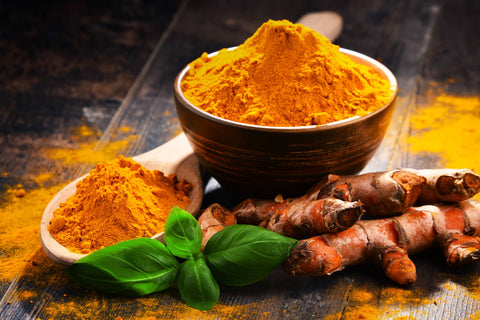

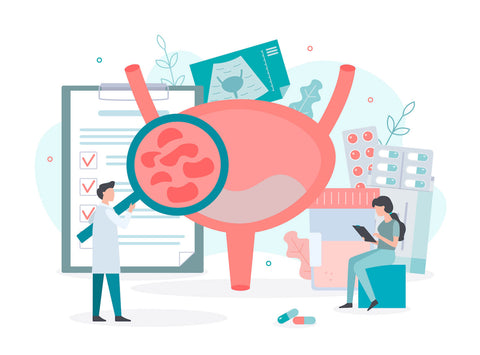




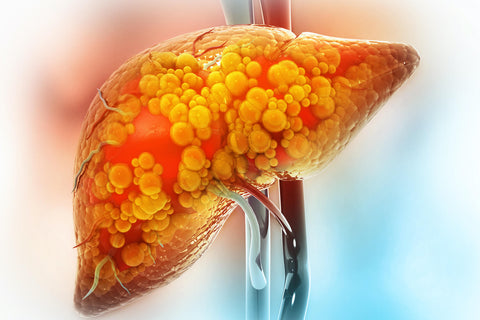





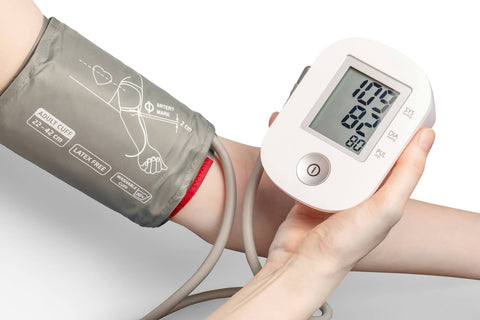

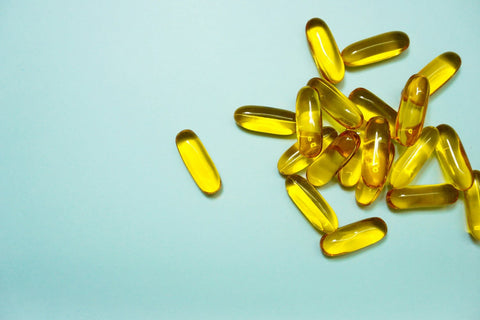
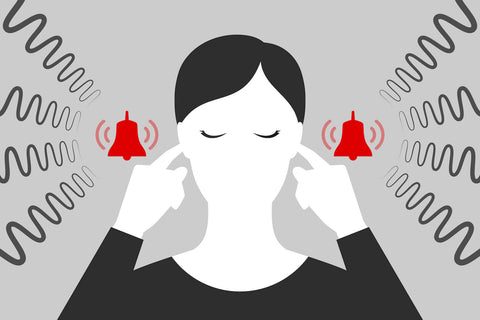



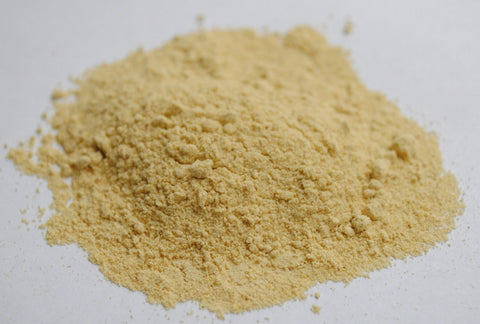
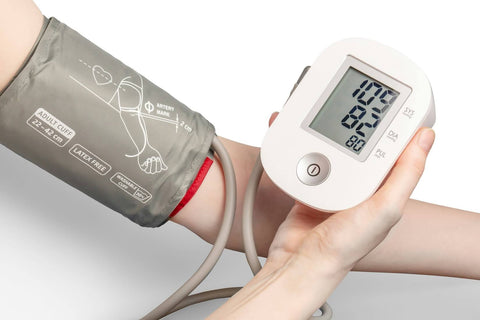
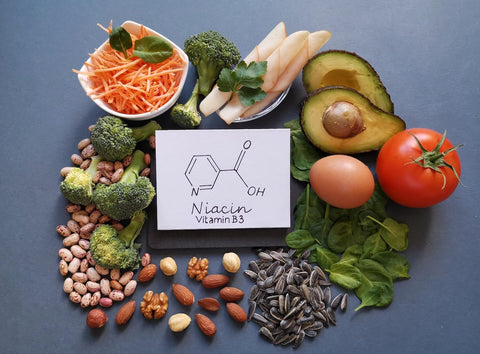

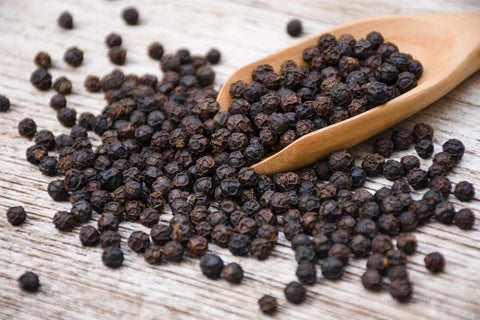

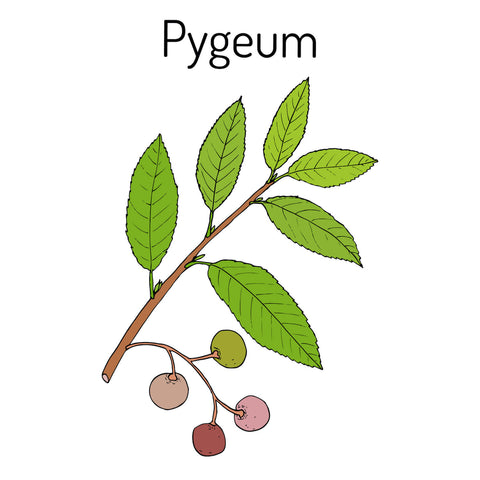
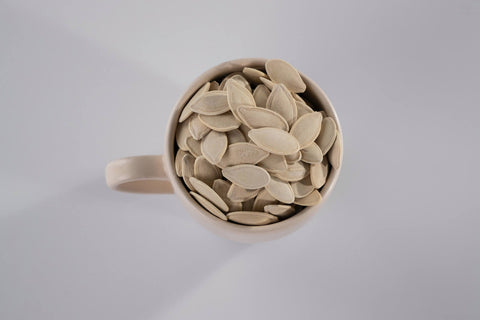







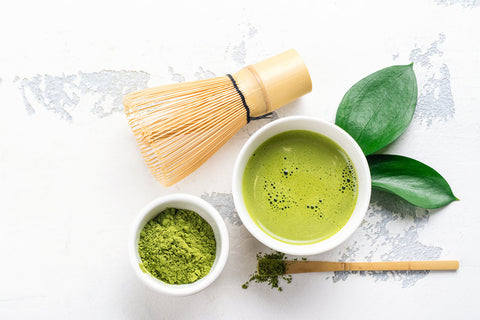














 1-800-822-5753
1-800-822-5753
